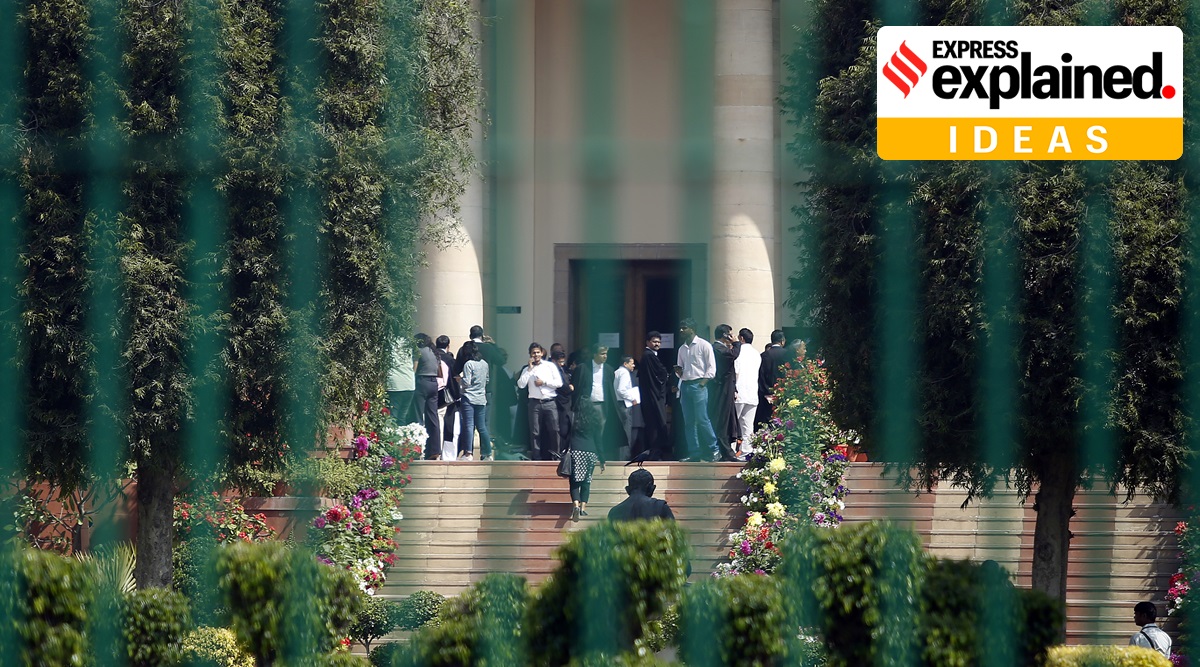Pratap Bhanu Mehta writes: This phenomenon is not just a matter of individual judges or individual cases. It is now a systematic phenomenon with deep institutional roots.
In political science literature, there is a familiar term — democratic barbarism. Democratic barbarism is often sustained by a judicial barbarism. The term “barbarism” has several components. The first is the overwhelming appearance of arbitrariness in judicial decision-making. The application of law becomes so dependent on the arbitrary whims of individual judges that the rule of law or constitutional terms no longer have any meaning. The law becomes an instrument of oppression; or, at the very least, it aids and abets oppression.
This usually means weak protection for civil liberties and dissenters and an unusual degree of deference to state power, especially in constitutional matters. The court also becomes excessively concerned with its version of lese majesty: Like a scared monarch, the court can- not be seriously criticised or mocked. Its majesty is secured not by its credibility but by its power of contempt. And, finally, there is barbarism in a much deeper sense. It occurs when the state treats a section of its citizenry as enemies of the people. The purpose of politics is no longer equal justice for all: It is to convert politics into a game of victims and oppressors and ensure that your site comes up the winner. ? Express Explained is now on Telegram
“The Indian Supreme Court was never perfect. It has had its dark periods before. But the signs are that it is slipping into judicial barbarism in the senses described above,” writes Pratap Bhanu Mehta, contributing editor, The Indian Express, in an opinion column.
This phenomenon is not just a matter of individual judges or individual cases. It is now a systematic phenomenon with deep institutional roots. It is also part of a global trend, of a piece with developments in Turkey, Poland and Hungary, where the judiciary aids this kind of democratic barbarism.
Also read | How has the Supreme Court interpreted Article 32 over the years?
“To be sure, not all judges succumb to this; there are still pockets of resistance in the system. There will also be instances of grand pronouncement of principles on behalf of liberty, an occasional relief granted to a deserving plaintiff, to preserve a thin veneer of respectability for the institution, while its daily practice continues to abet the rot,” he writes.
Source: Read Full Article


